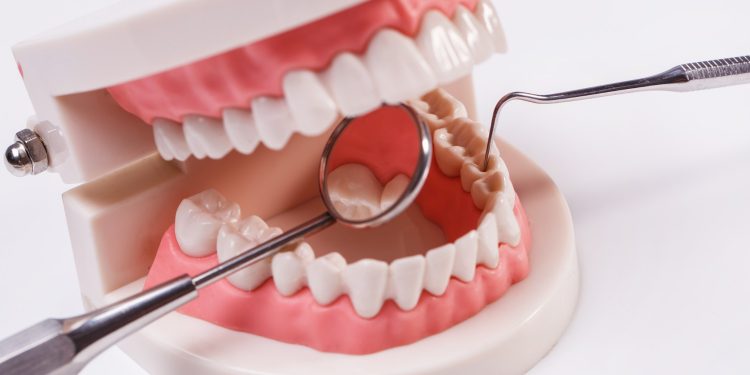In the intricate landscape of oral health, the interconnection between periodontal health and dental implants plays a pivotal role in shaping treatment outcomes and long-term success. Periodontal health, encompassing the well-being of the gums and supporting structures of the teeth, forms the foundation upon which dental implants are placed. Understanding this symbiotic relationship is essential for clinicians and patients alike. This article delves into the intricate connection between periodontal health and dental implants, highlighting its significance and implications for oral healthcare.
The Foundation of Periodontal Health:
Periodontal health serves as the cornerstone of a stable and functional dentition. Healthy gums, supported by resilient periodontal ligaments and sturdy alveolar bone, provide the necessary stability and support for natural teeth. However, when periodontal disease strikes, characterized by inflammation, infection, and loss of attachment, this foundation becomes compromised, leading to gum recession, bone loss, and ultimately tooth loss.
Impact of Periodontal Disease on Implant Success:
The presence of untreated periodontal disease poses a significant risk to the success of dental implant treatment. Inflamed and diseased gums harbor harmful bacteria that can infiltrate the implant site, leading to peri-implantitis—a condition analogous to periodontitis but affecting the tissues around dental implants. Peri-implantitis jeopardizes the osseointegration process, impeding the implant’s ability to fuse with the surrounding bone and compromising its long-term stability.
Pre-Implant Therapy:
Prior to dental implant placement, thorough assessment and management of periodontal health are imperative. Periodontists employ a comprehensive approach to address any existing gum disease, inflammation, or bone loss in the prospective implant site. This may involve scaling and root planing to remove plaque and calculus, periodontal surgery to regenerate lost tissue, or bone grafting to augment deficient bone volume. By optimizing periodontal health before implant surgery, clinicians enhance the likelihood of successful osseointegration and implant survival.
Implant Site Preparation and Maintenance:
Effective implant site preparation and maintenance are crucial steps in ensuring favorable treatment outcomes. Periodontists meticulously evaluate the quality and quantity of available bone using advanced imaging techniques such as cone beam computed tomography (CBCT). This allows for precise implant placement, optimizing primary stability and facilitating osseointegration. Furthermore, meticulous oral hygiene and regular professional maintenance are essential for preventing peri-implant diseases and preserving the longevity of dental implants.
Implant-Supported Prostheses and Periodontal Considerations:
The type of prosthetic restoration used to restore dental implants also influences periodontal health. Implant-supported crowns, bridges, and dentures must be meticulously designed and fabricated to promote optimal hygiene and soft tissue health. Poorly fitting or improperly contoured restorations can create plaque traps and impede access for effective cleaning, predisposing to peri-implant inflammation and bone loss. Periodontists Ontariocollaborate closely with prosthodontists and dental technicians to ensure that implant-supported prostheses promote periodontal health and longevity.
Long-Term Monitoring and Maintenance:
Periodontal health is an ongoing commitment that requires lifelong monitoring and maintenance. Patients with dental implants should undergo regular periodontal assessments, including probing depths, bleeding on probing, and radiographic evaluation of peri-implant tissues. Early detection of peri-implant mucositis or peri-implantitis allows for timely intervention, which may include nonsurgical therapy, antimicrobial agents, or surgical debridement. By emphasizing proactive surveillance and intervention, clinicians can safeguard the integrity of periodontal tissues and optimize the long-term success of dental implants.
Conclusion:
The intricate interplay between periodontal health and dental implants underscores the importance of a comprehensive approach to oral healthcare. Periodontists play a central role in optimizing periodontal health before, during, and after implant treatment, thereby maximizing the chances of long-term implant success. By recognizing and addressing the vital link between periodontal health and dental implants, clinicians can empower patients to enjoy the benefits of a healthy, functional dentition for years to come.




